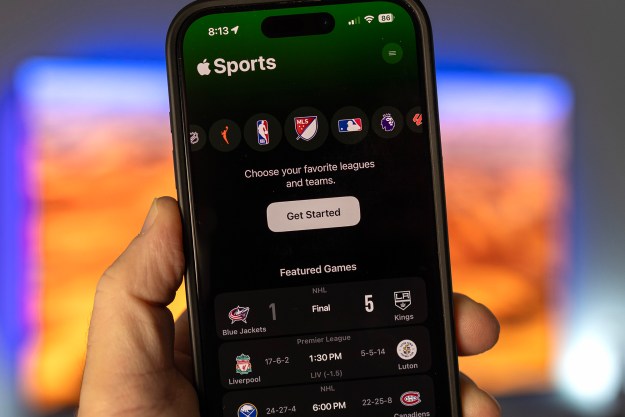
The Mountain View company has, however, had a change of heart, and is about to start handing developers an 85 percent cut, sources told Re/code on Wednesday.
Google has reportedly been testing the new revenue split for around a year, though it’s not clear when the company plans to roll out it out to all developers on a permanent basis.
The report of the expected change comes on the same day that Apple revealed a major shake-up of its own app store, which, among a slew of changes, will also see developers taking an 85 percent cut of subscription sales, up from 70 percent.
But there’s one major difference.
Whereas Apple is only offering the increased rate after a user has been subscribing to an app for 12 months, Google is expected to pay developers the new amount from the very beginning.
There’s another difference, too, but this is unlikely to change. To the annoyance of many developers, Apple has always made it so users who want to pay for a subscription have to do so via its own billing system, ensuring the tech giant makes money out of every sale within its app ecosystem. Google, on the other hand, allows developers, if they wish, to handle their own billing and therefore keep 100 per cent of the revenue.
And it’s worth noting that for the time being at least, the 70-30 split for regular app sales looks set to remain in place for both app stores.
While Google’s Play Store and Apple’s App Store are both well stocked with each offering more than 1.5 million apps, it’s vitally important for both Android and iOS to continue attracting new work from developers. If Google doesn’t follow Apple’s lead in improving developers’ terms, it’s perfectly possible coders would prioritize iOS over Android in expectation of gaining more revenue – though this would of course also be influenced by coders’ individual experiences with each platform and how they go about monetizing their work.
Editors' Recommendations
- Worried about the TikTok ban? Here are 5 TikTok alternatives you should use
- There’s a big problem with the iPhone’s Photos app
- We now know when Apple is adding RCS to the iPhone
- Google Messages vs. Samsung Messages: Which app should you use?
- Is Temu legit? Everything you need to know about the shopping app


